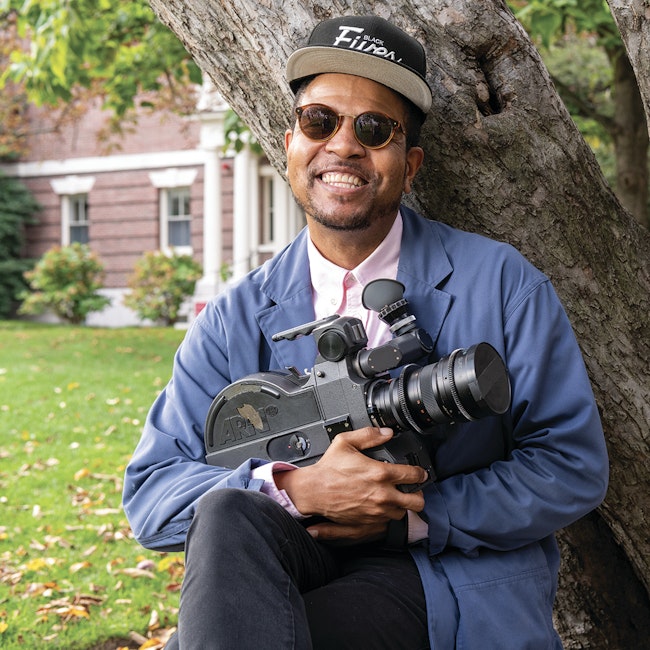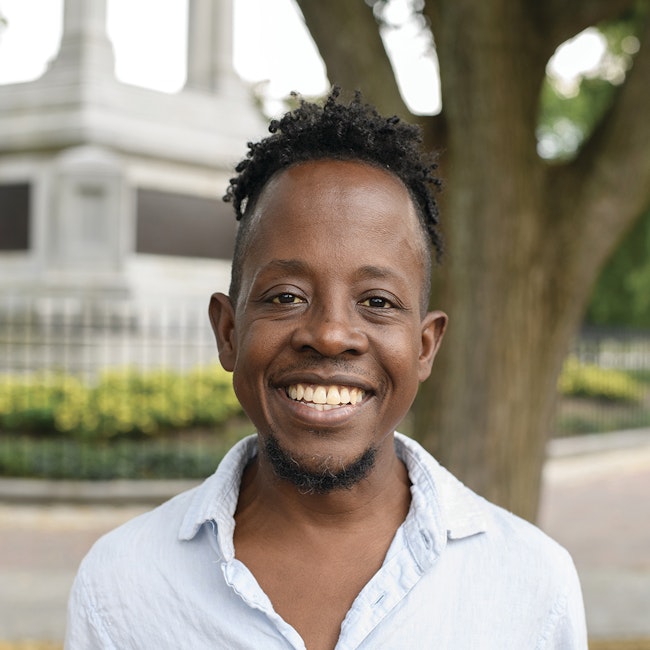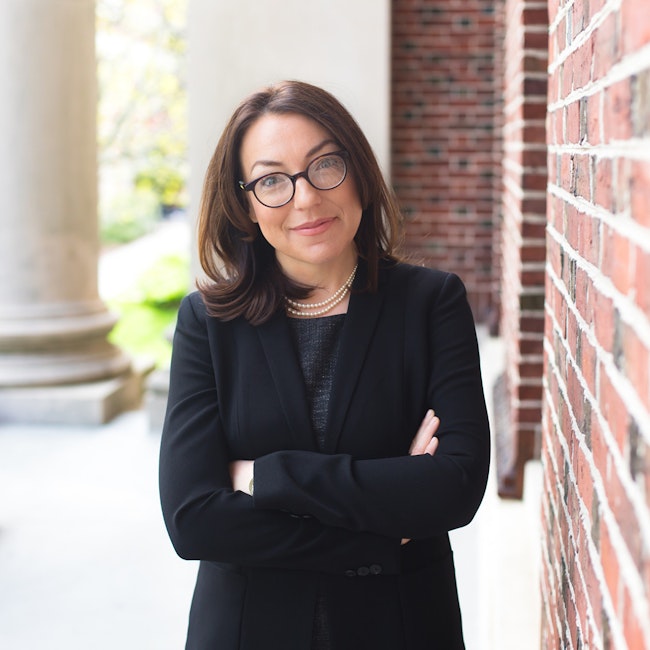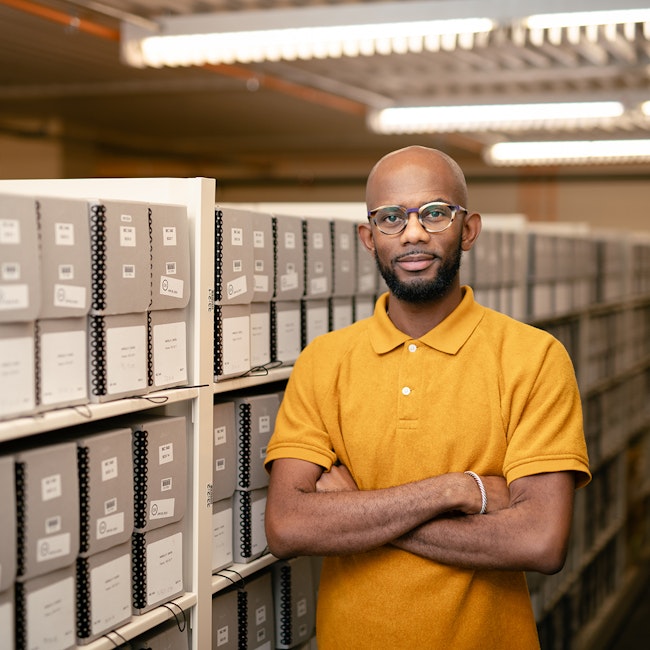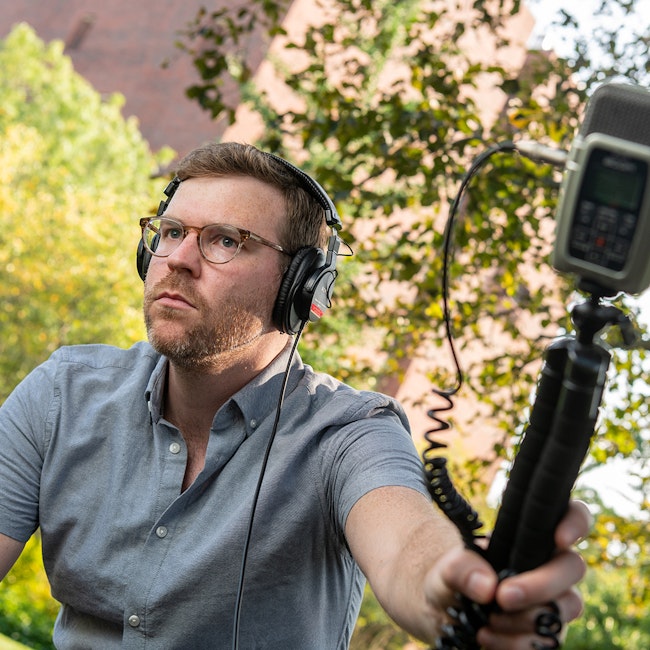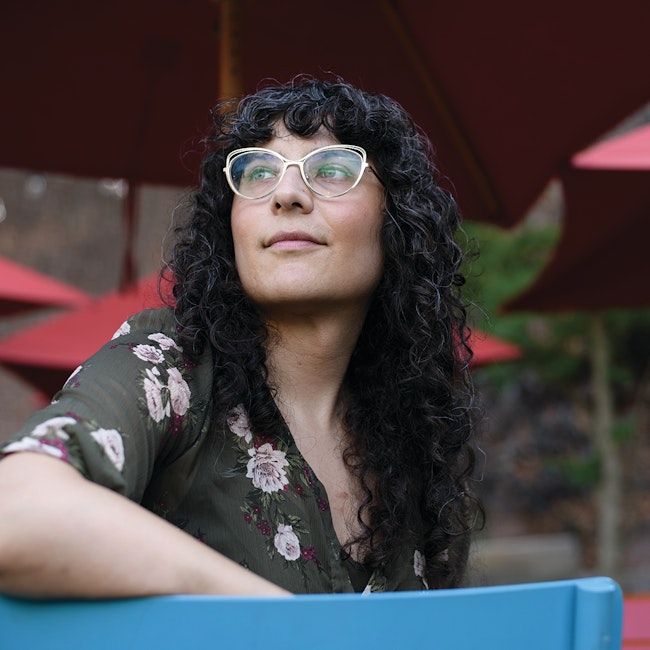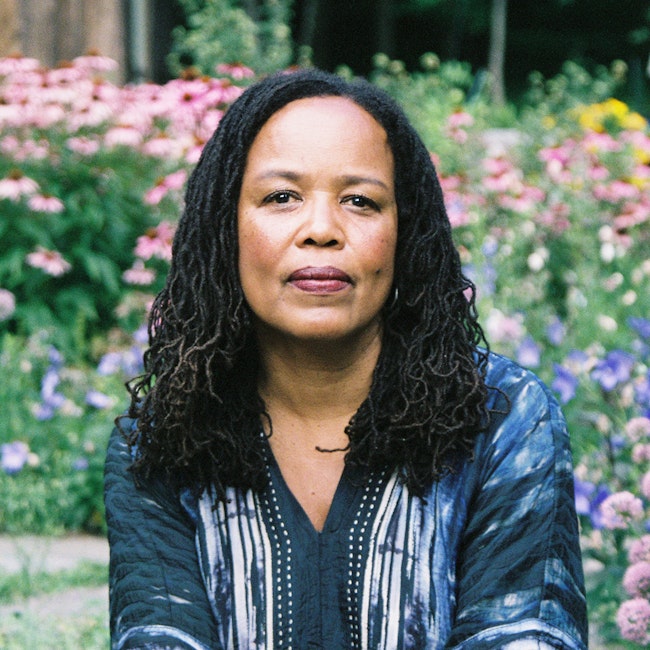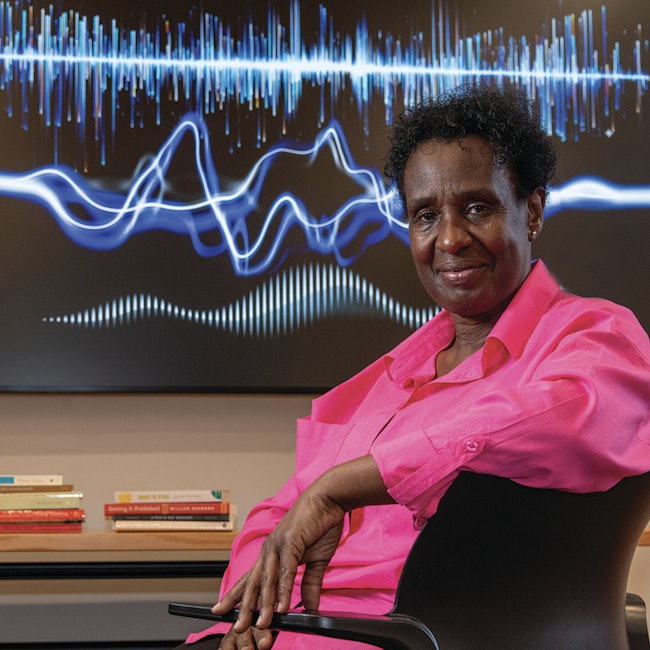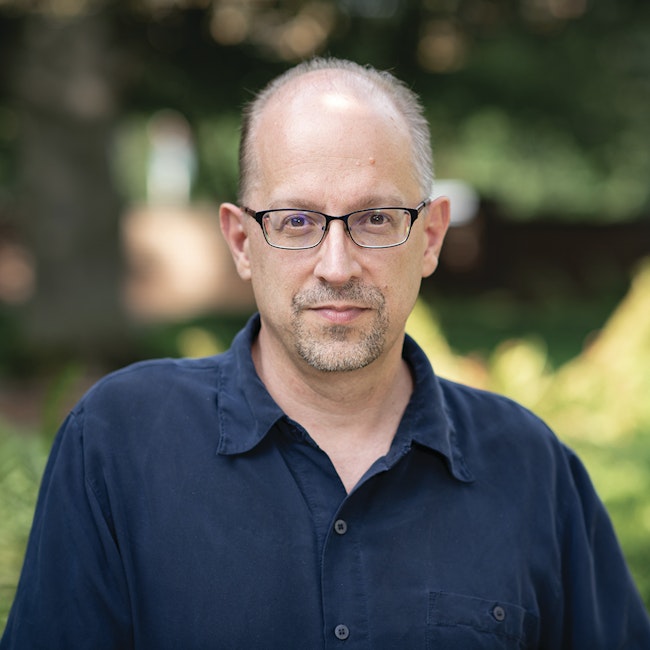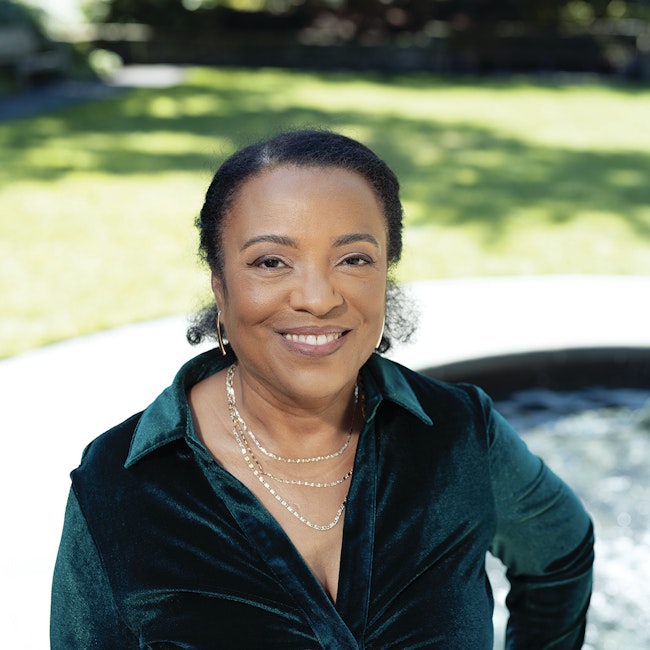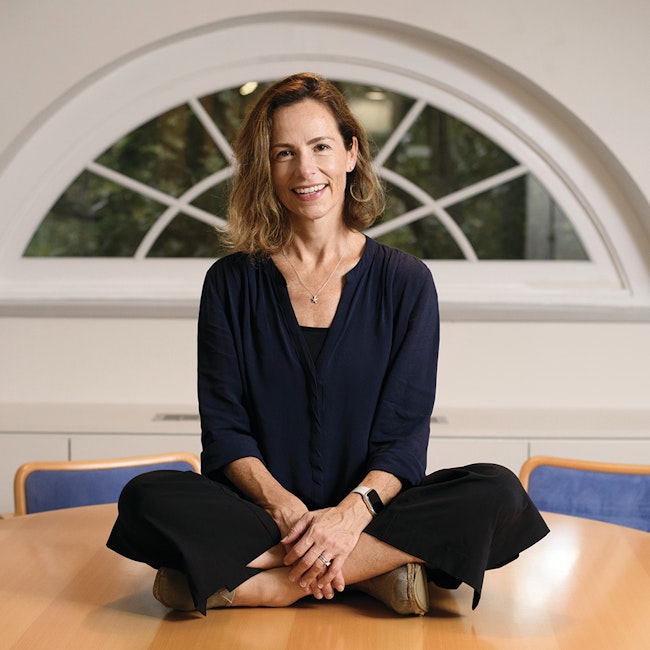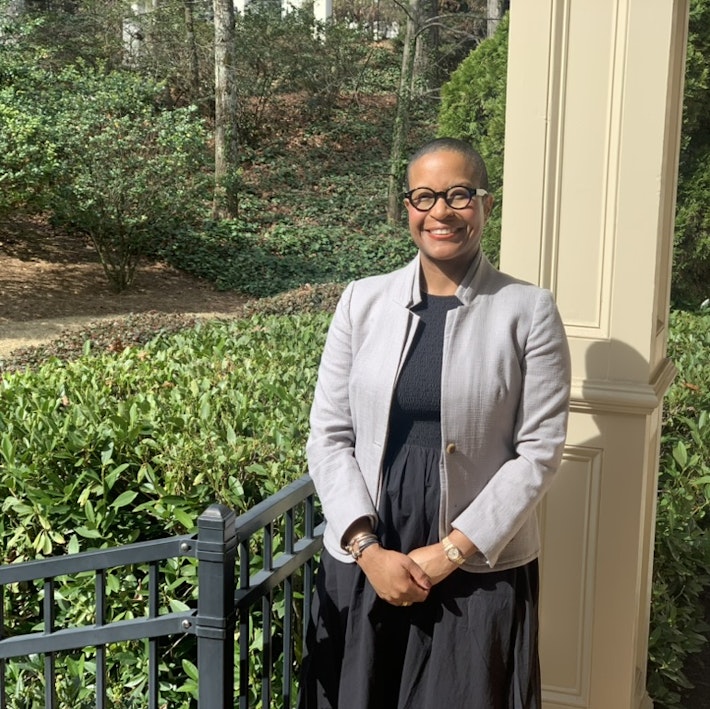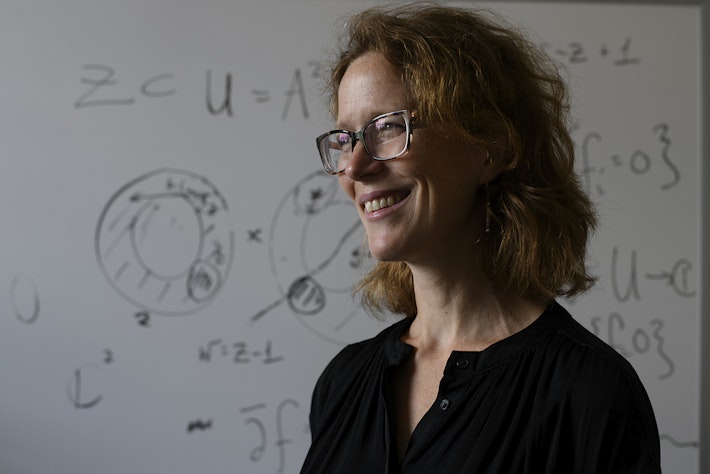Andrew Baker
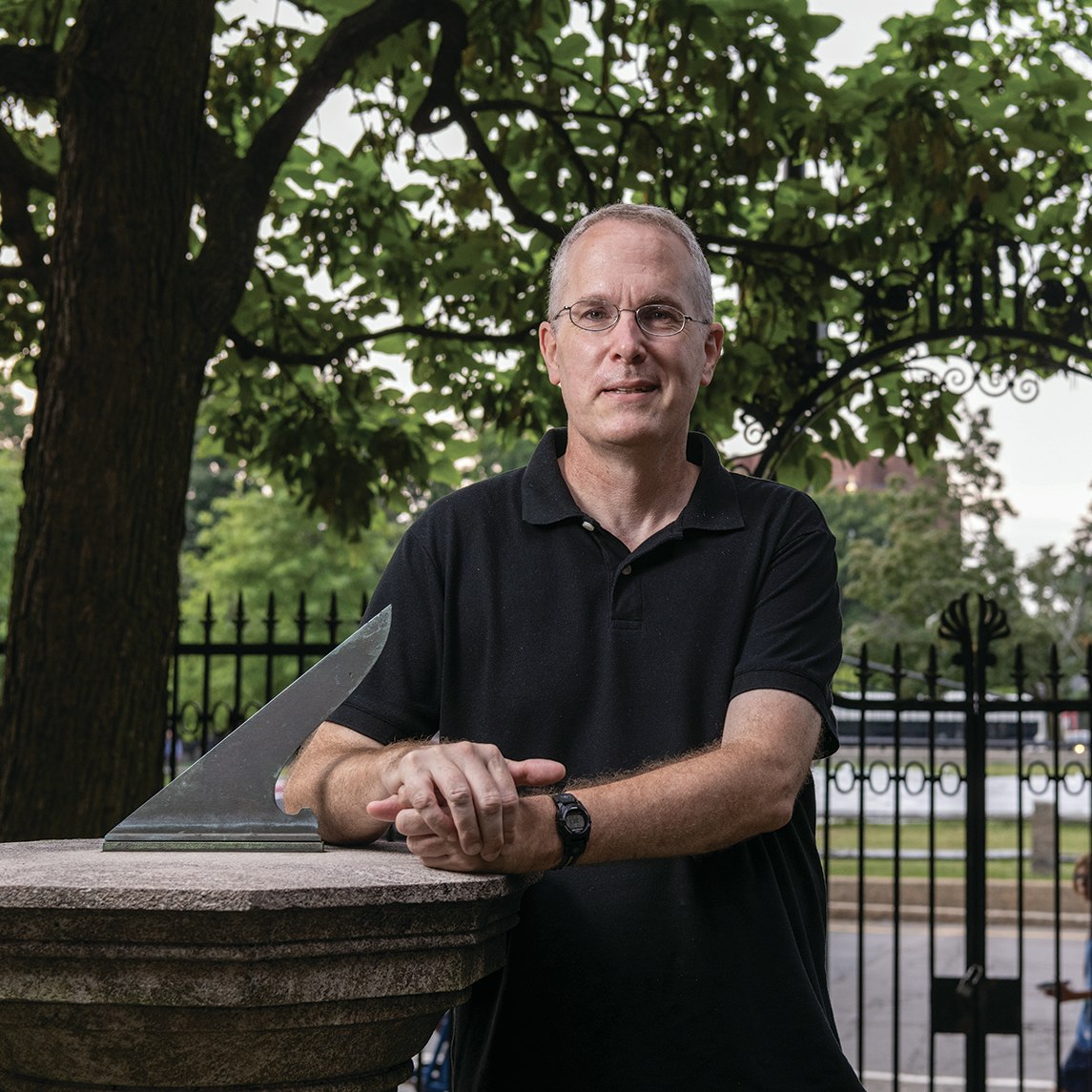
Andrew Baker is a professor at Rutgers, The State University of New Jersey, and an extraordinary professor at the University of the Western Cape. His research uses radio, millimeter, and submillimeter wavelength observations to probe both nearby and distant galaxies. By studying the coolest components of galaxies’ interstellar matter—where gas takes the form of neutral atoms or molecules—in systems as far away (and thus, as far back in time) as possible, he seeks to contribute to a more complete understanding of how galaxies form and evolve.
As a Radcliffe fellow, Baker aims to detect the most distant galaxies ever seen using two probes of interstellar gas: hydrogen atoms, which trace the bulk of typical galaxies’ gas reservoirs, and hydroxyl molecules, which trace dense gas in galaxy mergers. To achieve these detections, he is leveraging sensitive observations with South Africa’s MeerKAT array of radio telescopes. Complementary non-radio observations and comparisons with theoretical models will help explain how galaxies have evolved over the last 9 billion years.
Baker obtained his PhD at the California Institute of Technology and held postdoctoral appointments at the Max Planck Institute for Extraterrestrial Physics and (as a National Radio Astronomy Observatory Jansky Fellow) at the University of Maryland. Since joining the Rutgers faculty in 2006, he has been honored with a National Science Foundation CAREER award, fellowship in the American Association for the Advancement of Science, a Fulbright Scholarship, selection to the Defense Science Study Group, and multiple awards for teaching and mentorship.
